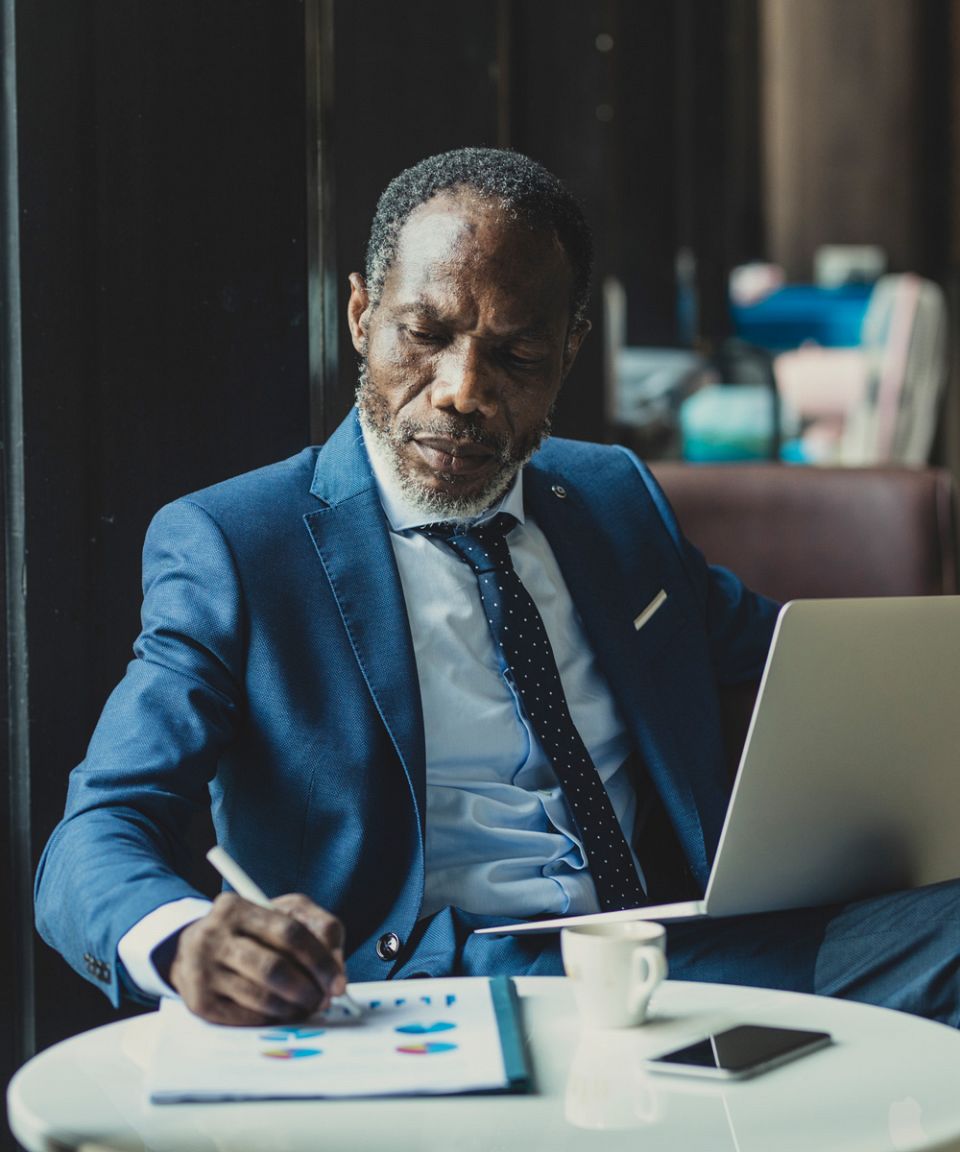

Gather as much relevant information on the company as you can. Most companies have their own web site which will provide you with information on the products they sell; how the company is structured, its people and their values. Demonstrating that you have researched the company displays a genuine interest in wanting to work for them, and enables you to ask very pertinent questions.
You should already have some idea of the job requirements; however it is still important to obtain a thorough job description if you haven’t already received one. Review the job description and any other documentation you have been provided with. What does it tell you about the knowledge, skills, desired behaviors and personal attributes for this job? How do you match up to these requirements? What personal strengths should you highlight in the interview? What weaknesses need developing and how could you develop these?
At the job interview you will need to demonstrate your most relevant achievements to date, so it’s worth taking with you documentation that could provide evidence of those achievements. These documents could include:


Many companies use competency based interviewing and will ask you to share a specific example of how you have demonstrated a particular skill or behavior. For example, some jobs may require you to display skills or background in Change Management or Project work.
Think about how the exposure you have had to this type of work.
Most employers will want to know about your career path, the rationale behind your career choices, and any career ambitions you may have for the future. Therefore, take time to plan how best to convey this to your interviewer.
During a job interview there may be a question you find difficult to answer, because you genuinely do not know the answer, or because you’d never given any thought to the issue. If you do not know the answer, do not bluff your way through as good interviewers will always notice this.
Spend some time preparing yourself to look and feel confident on the day.
Planning what you will wear and ensuring that the whole outfit is clean and presentable before you wake up on the day will avoid last minute panics!
Taking time to rehearse how you will introduce yourself, respond to the interviewer's questions, and ask questions about the job and the organization will help you to become more self assured.
Getting a colleague or family member to ask you some likely job interview questions to practice your responses will help to build your confidence.
It is also helpful to visualize the things going well, the interviewer responding positively, and yourself walking away from the interview feeling self assured. This helps train your mind so that when you get to the actual job interview, your body follows your mind's belief that the interview will go well.
Think about what you have learnt from previous interviews and identify what you will need to do differently this time to make your interview go well. If you have very little experience of job interviews, then ask a few colleagues of their experiences instead.
Most importantly, plan your journey to the job interview and the things you may need to take with you to ensure you are sufficiently alert and unruffled on the day, for example:
If you don't know the area well, ask a colleague who is more familiar with the area or ask switchboard.

Although each job interview will vary in style and content, it is helpful to be aware of the basic interview structures and techniques used.

A good interviewer will have a clear structure planned for their job interview. A typical four part technique is outlined below:
This usually lasts between 2 to 5 minutes and involves informal greetings and some less job relevant questions to relax you, such as "how was your journey?" This is your opportunity to generate rapport and a strong first impression.
The main part of the job interview will be spent with the interviewer asking you a wide range of questions to find out about your potential suitability to the job role and the organization.
Time will be allocated by the interviewer to provide you with information about the job, and allowing time for you to ask questions to them. If you feel the interviewer has not asked you questions about an aspect of your past that you deem relevant to the job, it would be wise to mention it here.
Don’t forget to provide evidence of past achievements focusing on the key points, without taking up too much time. The interviewer may also take you around the organization to see the facilities or to meet some of the people.
Once the interviewer has answered all of your questions, they will usually inform you of the next steps in the interview process; including how and when you should hear the outcome of your interview. If they forget to tell you, make sure you ask.
Most interviewers will ask you questions about your career to date, particularly around jobs that you may have had that are particularly relevant to the job role. This may include references to specific behaviors and skills they are seeking. If you have had experiences outside the world of work that may be relevant, the interviewer may also enquire about these experiences.
Many interviews are based on the premise that evidence of your past performance is the best indicator of future performance. They are looking for core competencies critical to the job. You may be told which competencies these are in advance of the interview allowing you to prepare.
The interviewer will ask you to describe a past situation you have been in, for example, when working on a team based project and then ask you more specific questions about how you worked as part of that team. The key here is to stay focused on this specific example and fully answer the question. Here are some example questions:
In this example, it is very easy to fall into the trap of saying "we did this", so starting your answers with the word "I" will help you to avoid this trap, except for situations where you are describing a collective effort with one person contributing more or differently.
Be aware that they may ask you questions around occasions when things didn't go quite as well. They are looking to see how you have dealt with the difficult issues, what you learnt from the experience and how you have applied the learning. Be honest here, they are not trying to catch you out.


There are a number of different assessment methods that can help measure your potential abilities. These include:
Panel interviews where several interviewers interview an individual at the same time are still common in certain companies. Whilst they can be quite off putting, they can save time if managed effectively. A good job interview panel will ask their questions in sequence and you should be able to focus on the particular interviewer asking the questions at the time. More frequently, you are likely to come across job interviews where there are two interviewers with one taking the lead in asking questions whilst the other takes notes.

It takes four minutes for a person to form a view, positive or negative, of another person when they meet for the first time. This means that the first impressions you create in the interviewer's mind are crucial. Focus on:
Follow the interviewer's lead making sure you do not offend them in any way. For example;